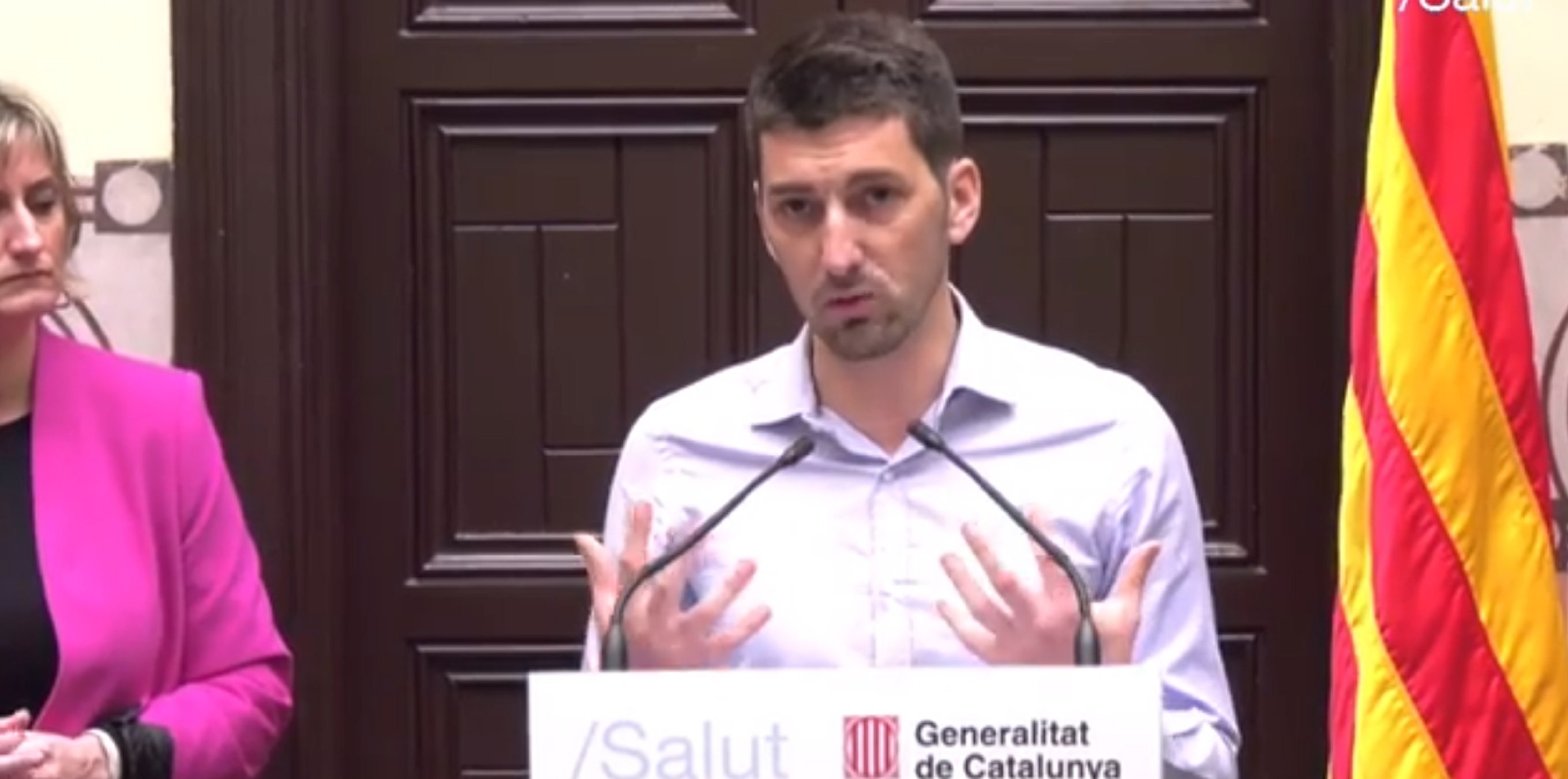"The most likely future scenario", according to the report prepared by epidemiologist Oriol Mitjà for the Catalan government, is that it will not be possible to eliminate transmission of Covid-19 in the short term and that recurring outbreaks will take place over the coming months." This is suggested, the report states, by the high transmissibility of the coronavirus and the low proportion of the population that has been infected so far, estimated at 15%.
It is for this reason that the team of 17 experts and scientists led by Mitjà is advising the Catalan executive to take very intensive control measures until a high percentage of the population - between 60 and 80% - are protected by immunity by having overcome the infection or else via a hypothetical vaccine. However, the report warns that a safe and effective vaccine could take many months.
Thus the report, entitled "Tools and strategies for an end to lockdown during the coronavirus outbreak in Catalonia", and commissioned by the Catalan government two weeks ago, discusses the measures that could allow the population to live without a lockdown regime continuing, explaining clearly that this would not imply "a return to the normality" of life as it was before the pandemic, but rather would make necessary the adoption of new routines of social behaviour and organization.
Such measures might have to be extended, according to the report, either continuously or intermittently for 12-18 months to avoid hospitals being overwhelmed.
Immunity passport
The essential axes of the proposals in the "Tools and Strategies" report include social distancing and the identification of cases and contacts to isolate them. To make this isolation of positive cases possible, intensive population testing is required. "It is urgent that the systems of primary medical care and emergency services have the capacity to carry out PCR and serological tests," advises the report.
As has already been announced, the report also opens up the possibility that people who have a positive antibody test or a recent PCR result could receive "immunity accreditation" or a certificate enabling them to move freely. Germany and the UK have already envisaged such documents, says the report, noting that the measures would have to meet European standards and bioethical criteria.
"Tools and Strategies" does, however, acknowledge the existence of technical and social limitations which make it difficult for such accreditations to be viable. Oriol Mitjà admits that the measure could create positive and negative inequalities, penalizing those who have protected themselves from infection, and "could even be an incentive for some people to try to get infected in order to live a normal life."
The report also addresses the subject of contact detection tools: apps for traceability of contacts, with alerts when interaction with infected people takes place. It is stressed that this would have to be done without any surveillance of members of the public and it must be guaranteed that names of users, who will always use the application voluntarily, would not be revealed in any case.
Diagnostic tests are a key element in the strategy envisaged by Oriol Mitjàs to contain the disease. When a case of Covid-19 infection is found, the person must be isolated at home, as well as from the rest of their family unit, for 14 days, which would be compulsory and subject to "official checks". In the event that individuals do not want to isolate themselves at their homes, they could "be referred to special spaces for positive confinement", such as hotels. If people are isolated in their homes, together with the family unit they have been exposed to, they will need to be supplied with meals and drinks to ensure they remained confined.
"It is estimated that the number of cases that might require isolation in the coming months will be approximately 3,500 new cases of Covid-19 every five days," the report said.
"Tools and Strategies" recommends the use of masks, while being more skeptical about the use of gloves among the general population, as misuse can become a means of transmitting the virus. It places hand hygiene and physical distancing above all other measures.
As for masks, the report makes a call for them to be used properly so as not to increase risk of infection as well as for their sale and price to be regulated.

